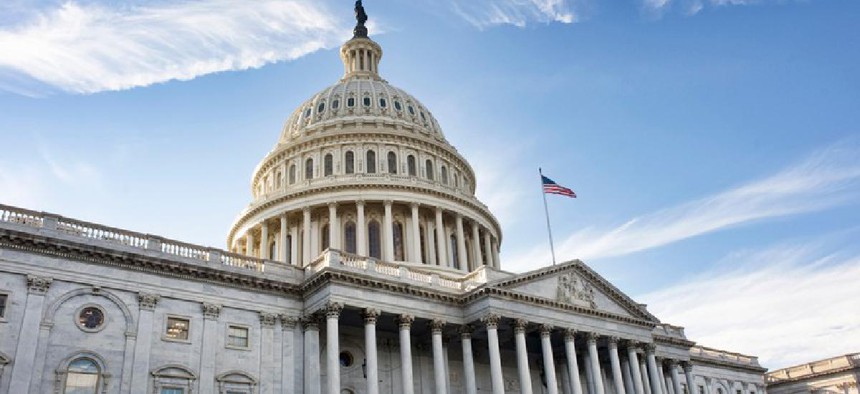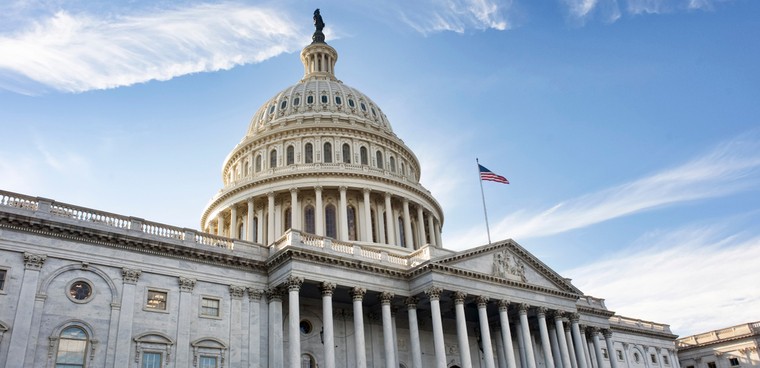New House bill aims to halt Trump's civil service revamp

The Saving the Civil Service Act would block last week's executive order creating new classification of career federal employees in certain key roles and reverse any personnel moves made as a result of the order.

A group of House Democrats introduced legislation to block President Donald Trump's recent executive order to reclassify elements of the civil service to make it easier to hire and fire federal employees.
The Saving the Civil Service Act from Rep. Gerry Connolly (D-Va.), Rep. Carolyn Maloney (D-N.Y.) and House Majority Leader Steny Hoyer (D-Md.), blocks last week's executive order creating "schedule F," a new classification of career federal employees in certain key roles.
Critics, including the sponsors of the legislation, say the executive order is an assault on longstanding civil service protections.
"[The executive order] is a last ditch attempt by the Trump administration to make it easier to remove federal employees who they deem aren't 'loyal enough' to the President and return us to patronage politics," said Connolly in an emailed statement about the new bill.
Jobs eligible for reclassification under Schedule F include, but aren't limited to, roles determining policy or regulations, posts involving the supervising of attorneys and roles in agency executive directorates.
In addition to blocking the use of funds for implementation, the new legislation would require any converted positions or appointments to be moved back to the competitive service. It would also reinstate with backpay anyone who was fired after being converted to Schedule F.
The release about the bill cited an OPM congressional briefing last week. There is currently no appeals process for employment decisions made after a position is converted to the new Schedule F. The executive order also allows the administration to fill policy positions without Title 5 competency protections.
Under the executive order, agencies have until January 19, one day before inauguration, to complete initial review of their position descriptions and submit recommendations for reclassification to OPM.
Dr. Ronald Sanders, chairman of the Federal Salary Council, resigned Oct. 26, in protest of the executive order remaking the competitive service.
Lawsuit looks to block workforce EO
The National Treasury Employees Union is suing President Trump and Michael Rigas, the acting director of the Office of Personnel Management to block the order.
The lawsuit, filed Oct. 26 in the U.S. District Court for the District of Columbia, argues that the order stretches the civil service law that permits the president to carve out exceptions to the competitive service when necessary.
"The order provides no details, data, or explanation for why competitive service selection procedures have impeded hiring of needed federal positions," the lawsuit states.
NTEU National President Tony Reardon said the executive order threatens employees' civil service and due process protections.
"It's shocking that after four years, the Trump administration still doesn't understand that the United States expressly rejected a spoils system 137 years ago because it was ripe for corruption," Reardon said in a statement.
NEXT STORY: OPM directs agencies on civil service overhaul



